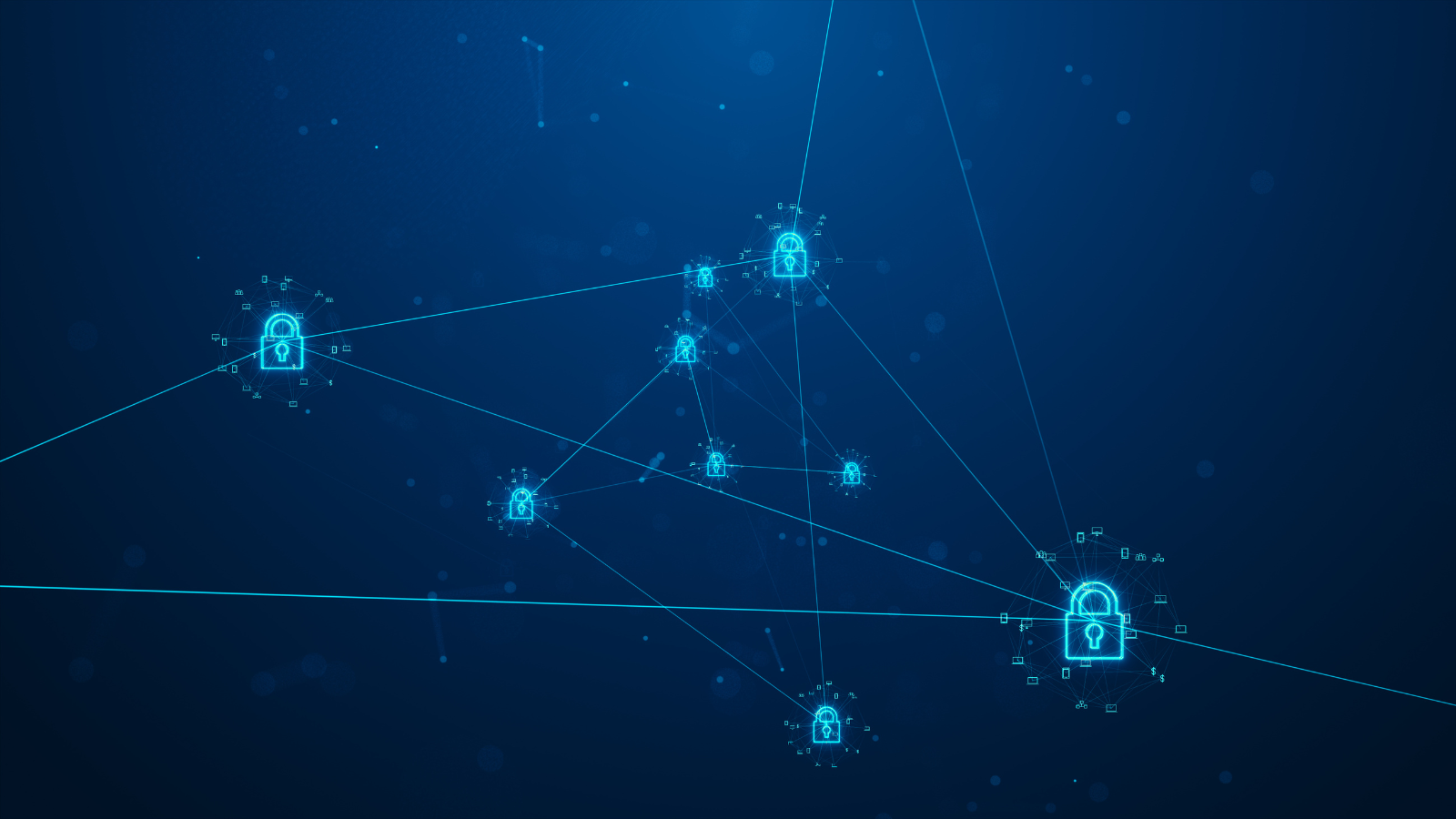For the past 15 years, Jules has led Maxcode into becoming the successful company it is today, by focusing on people, from building strong partnerships with our clients, to encouraging Maxcoders to learn and grow so that the software we deliver is smartly engineered. As 2020 is our anniversary year, we took the time to chat with Jules, to learn and share his vision on success and growth, both of company and of people.
How has Maxcode evolved during the past 15 years? What milestones have you witnessed and who else was there by the company’s side in its process of growing and becoming a trusted IT partner?
Maxcode evolved and grew from being a typical nearshoring organization with its customer base in The Netherlands and its delivery centre in Romania, into a company that offers ICT and online content solutions and capacity focused on the needs of our clients. At the start, our way of working meant that the functional design (or even the technical design) was written in The Netherlands and our developers in Iasi would code and test according to these designs. Communication with the team was handled by an appointed project manager in order not to distract the developers.
A big milestone for us came in 2011/2012, when we embraced Scrum/Agile for all our projects. Not just because it was an immediate success in terms of better quality and faster results, but mostly because I noticed a steep incline in motivation and joy of work within the first Scrum Maxcode team. They were more involved, could understand the reason behind some requests, feedback or changes. Nowadays Scrum is common in IT companies, yet I remember that in that period it was a big and successful step for Maxcode.
It peaked my curiosity in allowing teams to become more autonomous. I started reading Ricardo Semler, Stephen Denning, and Frédéric Laloux, and tried to implement their ideas on responsibility, accountability, ownership, and mandate within our organization. The fact that some of Maxcode clients really regard our employees as their own team is in fact the biggest compliment that we could get, and a proof of their autonomy. And of course, it goes the other way around: some teams really identified themselves with our clients over the years, which added passion in their daily work on the projects.
Looking back, there are so many milestones. From moving into our new office, to the expansion of the office, all are visible signs of our growth, as well as bringing in our first clients outside The Netherlands. Maxcode could not have pulled it off without the energy and enthusiasm of the people that work and have worked for Maxcode. Within that pool of people, there are so many with whom I not only enjoyed working, but who have also become true friends. People from whom I learned a lot and who grew with Maxcode. People who decided to start their own adventure, outside of the team. To me, they are all Maxcoders, and they are proof that our company is truly a place where people learn and grow.

From a business and team perspective, how do you define success and how do you correlate it with meeting clients’ expectations and growing plans?
Success is subjective. Measuring it in terms of growth or KPIs risks that the means becomes the goal. I would say that if we are able to deliver what the client needs, and during that process grow the mutual understanding, as well as enjoy the process, especially by the people involved, I can say we have obtained ultimate form of success. That is the way one exceeds expectations. The understanding of the business and the techniques grows, communication impediments disappear, and accepting people’s errors and misjudgements encourages people to think out of the box and come up with better ideas. For me, achieving such a modus operandi with our clients is a clear sign of success.
We want to grow, but we don’t see growth as just becoming the biggest company. We want to be known as the company developing the greatest software and content strategy, and a great company to work for and with.
In defining the Maxcode-client relationship, what is it that brings value to each partnership and how is the team working on each project?
With every new client, there is a big step: getting used to the idea of outsourcing development to a company located somewhere else. Communication suddenly relies more on email and conference calls, which is different than when you have your IT people in house or around the corner. It takes time before a client gets comfortable with that concept and that is completely understandable. We need to show every time that we are reliable and eager to do the best we can.
What I’ve also experienced when starting with a new client, is that I often become a liaison between the team and the client, explaining the team’s point of view to a client or the client’s point to a team. In most cases, it is about simple things, but that can have a different light depending on the perspective. So they might wonder “Why is the client changing his mind about certain functionality?” “Why doesn’t thorough testing get the attention it should?” “Why can’t the team give a proper estimate?” “Why does the team seem so reluctant to add new functionalities?” In all this communication, the goal is to reach a point where both sides are comfortable giving feedback, whether that is constructive or otherwise, to exchange ideas and accept each other.
For this reason, I find it important that in meetings with a new client as many team members as possible should participate. It helps in understanding the context, and learn if the required solution should be just a quick workaround for a temporary issue, or is it essential that it will be a well-thought-through solution, designed in order to build future ideas on top.
This has become part of our culture. Maxcoders have a strong urge to understand the why behind clients’ needs. For a client, this can sometimes be a strange experience, or even slightly annoying due to the redundant nature of it. The client has thought and talked it through already, and created a roadmap, so he might find the extra discussions irrelevant. Still, I believe that making time to have the team understand the rationale behind choices improves the efficiency, the communication, and the motivation.

What role models and values have inspired you along the way and how are these values embraced by the Maxcode team?
From a personal point of view, I have had many role models; some were directors or management members from companies I worked at and I learned much from them: project approach, ways to handle fixed-price/fixed-date projects, project conditions, conceptual thinking, working on a product, and more. Some of these insights have changed over time, but it helped me form an idea of what I want our company to become. I believe that all our colleagues and former colleagues are Maxcode and, at the same time, they all differ. If one finds work and career very important, for someone else it is a necessity. We should accommodate all of these perspectives, and allow people to grow on their own terms. I also learned from people that let me down; one learns from good and bad experiences as well.
I also enjoy reading about management styles that emphasize in one way or another a lot of freedom and responsibility with every employee. I remember I saw an interview with Ricardo Semler on Dutch television and the way he approached the organizational structure of a company immediately got my attention. In managing a team, you have good days and bad days, and even in times with clear successes or those with disappointments, I always tried to move towards creating a company structure with autonomous teams.
We find ourselves in a context where working from anywhere might emerge as a new trend. What challenges and opportunities will it bring?
Working from home is very likely here to stay. Hopefully, we soon find an adequate answer to the pandemic, but the good thing coming from it is that everyone, from suppliers to clients, is forced to work from home. It allows people to plan their work-related and personal activities more efficiently. At the same time, each person experiences it differently. One can be perfectly happy working from home, another person might miss the interaction at the coffee machine, might not have the luxury to work from home or is having a hard time balancing personal and work life. For all our colleagues we tried to find the best formula so that they can adapt to this new setting.
Personally, I am used to working online. Since we started Maxcode, I have become somewhat bound to online communication. Perhaps due to the current pandemic measurements, I see a shift towards using the camera more in addition to only chat or voice. There is a need for seeing the other, and this helps in strengthening the relationship with the person at the other end. So actually, my online communication somehow even intensified during the COVID crisis.

Regarding the future, I aim to maintain the freedom of choice and being able to offer people the opportunity and way of working that fits them best in the context of their current lifestyle. This is perfectly in line with the point of view I copied from Ricardo Semler. People have so many responsibilities in their personal lives, they can very well handle the work-related responsibilities without being at the office all the time, and I fully trust them to do so. We might need to think about how to make sure that the common identity of Maxcode is maintained and grows within our colleagues, and that people don’t limit their (work) interactions only to their own team, or clients. So it is important to meet face to face and talk about the project and team as well, and we are constantly thinking of ways to do so, while also being safe.
2019 saw a big milestone for Maxcode, when we increased our office space and improved it with many more meeting rooms, so last year we definitely had a different idea of how 2020 will look like. As soon as the pandemic started to spread within Europe, we recalibrated and recalculated our strategy, adapted to the new normal, and accepted that we will need to find other purposes than what we have planned for the office, because the future for sure will be more remote. Which is maybe not at all that bad, as we will have so many learning points after this experience.




